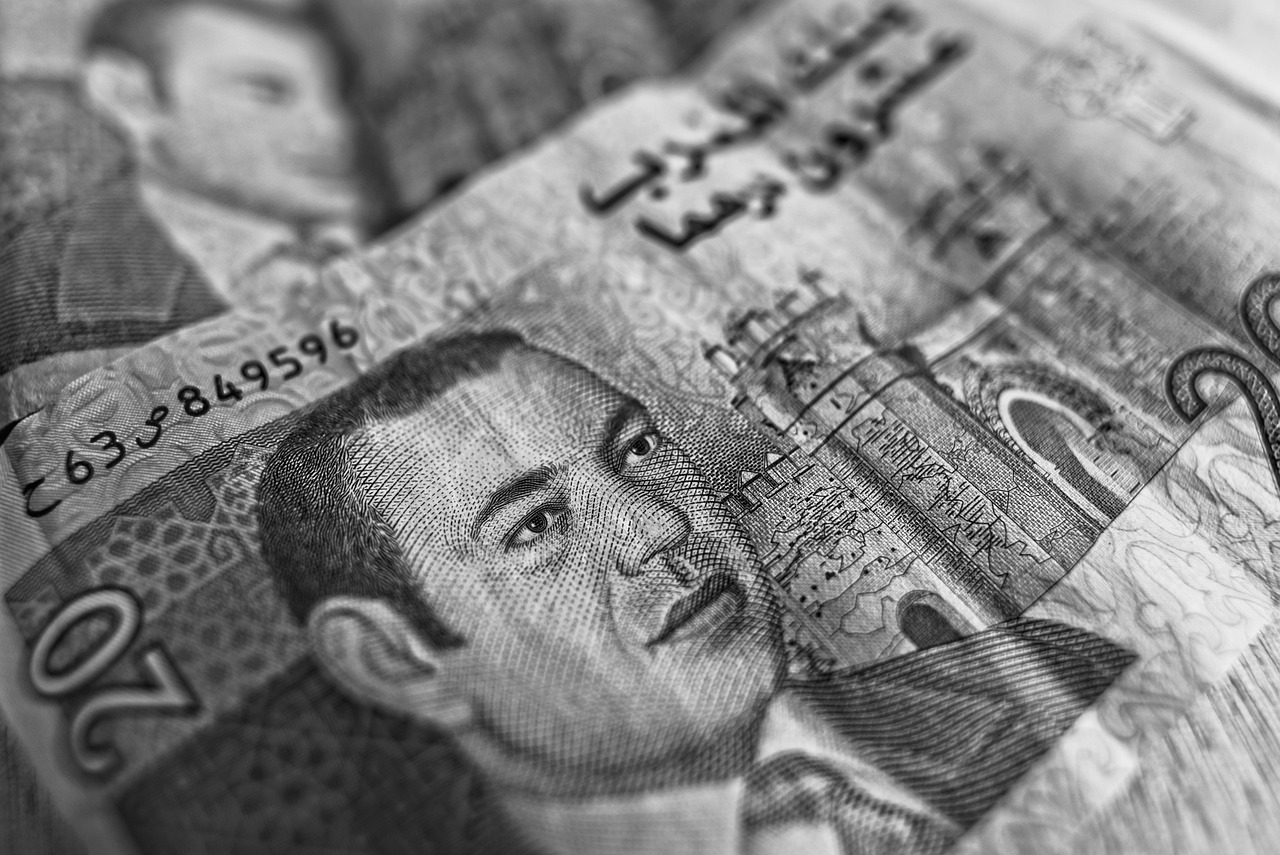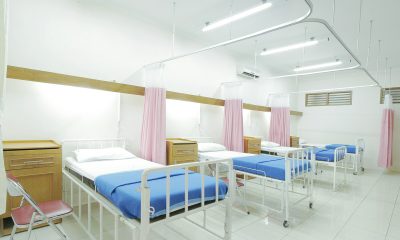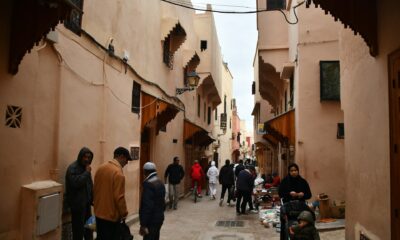Africa
The Fez-Meknes Regional Council Launches a Third Wave of Development Projects
The Fez-Meknes Regional Council is advancing its 2022-2027 Regional Development Program with the launch of 71 new projects, covering economic, social, cultural, environmental, and employment sectors. The 2025 budget, set at 903.4 million dirhams, focuses on investment, particularly in infrastructure, environmental protection, and employment. However, concerns persist about the budget’s adequacy for regional needs.

Fez-Meknes is accelerating its development with a third wave of 71 projects, approved at the general assembly of the Regional Council. The 2025 budget, stable at 903.4 million dirhams, however raises concerns about its ability to finance the region’s ambitions, particularly in view of the major sporting events to come.
The Fez-Meknes Regional Council is continuing to implement its 2022-2027 Regional Development Program (PDR) with the launch of a third wave of projects
During its ordinary general meeting held this week, the council approved 45 agreements for the implementation of 71 new projects, covering areas as diverse as the economy, social, culture, environment and employment. This new wave of projects is in line with the efforts already undertaken, with 166 agreements and 234 projects approved during previous sessions.
The assembly was also an opportunity to adopt the region’s budget for the year 2025, amounting to 903.4 million dirhams (MDH), an amount that raised questions among some members of the council, given the significant needs of the region. During his speech, the president of the regional council, Abdelouahed El Ansari, highlighted the rigorous methodology adopted for the development of these agreements.
Three foundations for effective agreements
The President of the Fez-Meknes Council stressed that the preparation of the agreements was based on three fundamental pillars. First, lessons learned from past contractualization experiences were integrated to optimize the effectiveness of the new agreements.
Second, stakeholder proposals, collected during meetings dedicated to each agreement, were taken into account to ensure better ownership of the projects. Finally, the agreements were designed to be comprehensive, detailed and precise, while providing flexibility during the implementation phase thanks to expanded missions entrusted to the governance bodies.
Fez-Meknes Council wants to boost economic development and employment
The Fez-Meknes region is banking on several initiatives to boost its economy and create jobs. Among the flagship projects, we find the implementation of the second phase of the regional program for the creation of activity zones and automotive trades, the creation of industrial zones near the Fez-Saïs airport and in the province of Moulay Yaacoub, as well as the establishment of a regional fund for real estate.
The development of crafts is also a priority, with in particular the creation of a clay processing station in Fez and Meknes, and the creation of a fashion and textile city in the spiritual capital.
The rehabilitation of the Moulay Yaacoub hotel and the development of the Tazzeka tourist site aim to strengthen the tourist appeal of the region. The development of crafts is also a priority, with the establishment of a clay processing station in Fez and Meknes, and the creation of a fashion and textile city in Fez.
Protecting the environment, modernizing infrastructure and investing in human capital
Several projects have been approved for environmental protection and sustainable resource management. These include strengthening the air quality monitoring network, protection against forest fires, natural disaster management, the study and extraction of groundwater, and the protection and development of the banks of the Oued Ain Cheggag.
Modernization of infrastructure is a major issue, with projects such as the construction of a bus station in Fez, the rehabilitation of wholesale markets, and the construction of the central market in Ifrane. The agricultural sector is also supported, with support for young companies in the sector, the modernization of slaughterhouses and the rehabilitation of small and medium irrigated areas.
Finally, the region is committed to social inclusion and territorial cohesion with projects concerning the economic integration of women in difficult situations, the creation and rehabilitation of social service centers as well as the construction of an apprenticeship factory for the City of Trades and Skills.
Employment and training are also priorities, with support for employment through the “Ana Moukawil” program, the promotion of employment and the rapprochement of services, the creation of computer programming and coding centers in Meknes and Taza, as well as support for initial training in the jewelry and glass trades, and support for trainees and artisans in the craft sector.
The Fez-Meknes Regional Council set a stable 2025 budget, focused on investment
During this session, the president of the region presented a draft 2025 budget that amounts to 903.4 MDH, an amount identical to that of the previous year and in line with the forecasts for 2026 and 2027. Prepared, according to him, in accordance with legal and regulatory provisions, this budget is divided between operating expenses (184.5 MDH, or 20% of the total) and investment expenses (718.9 MDH, or 80%). Investment priorities mainly concern the supply of drinking water, road development, health and investment support.
A budget deemed insufficient in the face of challenges and major sporting events to come
Despite this orientation towards investment, maintaining the budget at a constant level has raised concerns among the members of the Fez-Meknes Regional Council.
Some elected officials have pointed out the inadequacy of resources allocated to address the many challenges facing the region, particularly in terms of infrastructure, employment and social development.
They also stressed that the region is preparing to host major sporting events in the coming years, such as the Africa Cup of Nations and the 2030 FIFA World Cup. These events require significant investments to modernize the region’s sports and tourism infrastructure, and some fear that the current budget will not be able to meet these challenges.
__
(Featured image by Mabel Amber via Pixabay)
DISCLAIMER: This article was written by a third party contributor and does not reflect the opinion of Born2Invest, its management, staff or its associates. Please review our disclaimer for more information.
This article may include forward-looking statements. These forward-looking statements generally are identified by the words “believe,” “project,” “estimate,” “become,” “plan,” “will,” and similar expressions. These forward-looking statements involve known and unknown risks as well as uncertainties, including those discussed in the following cautionary statements and elsewhere in this article and on this site. Although the Company may believe that its expectations are based on reasonable assumptions, the actual results that the Company may achieve may differ materially from any forward-looking statements, which reflect the opinions of the management of the Company only as of the date hereof. Additionally, please make sure to read these important disclosures.
First published in lefaso.net. A third-party contributor translated and adapted the article from the original. In case of discrepancy, the original will prevail.
Although we made reasonable efforts to provide accurate translations, some parts may be incorrect. Born2Invest assumes no responsibility for errors, omissions or ambiguities in the translations provided on this website. Any person or entity relying on translated content does so at their own risk. Born2Invest is not responsible for losses caused by such reliance on the accuracy or reliability of translated information. If you wish to report an error or inaccuracy in the translation, we encourage you to contact us

-

 Fintech1 week ago
Fintech1 week agoFintower Secures €1.5M Seed Funding to Transform Financial Planning
-

 Impact Investing3 days ago
Impact Investing3 days agoBNP Paribas Delivers Record 2025 Results and Surpasses Sustainable Finance Targets
-

 Biotech1 week ago
Biotech1 week agoTwogee Biotech Advances Industrial Enzyme Solutions for Circular Production
-

 Crypto3 hours ago
Crypto3 hours agoUniswap and BlackRock Partner to Launch BUIDL in DeFi
























